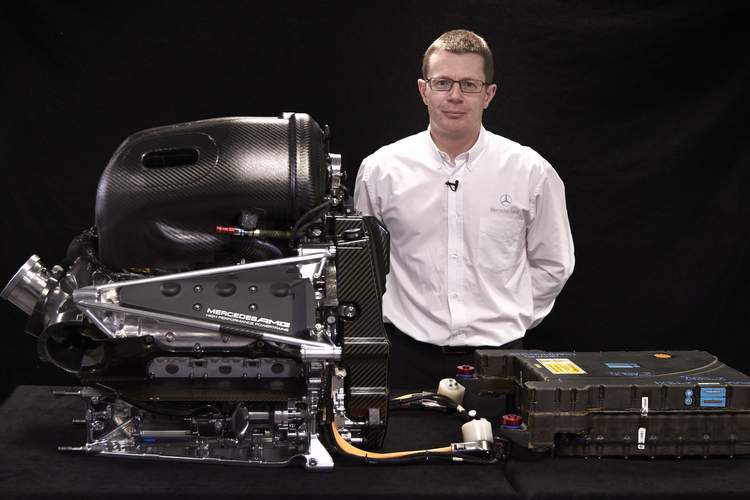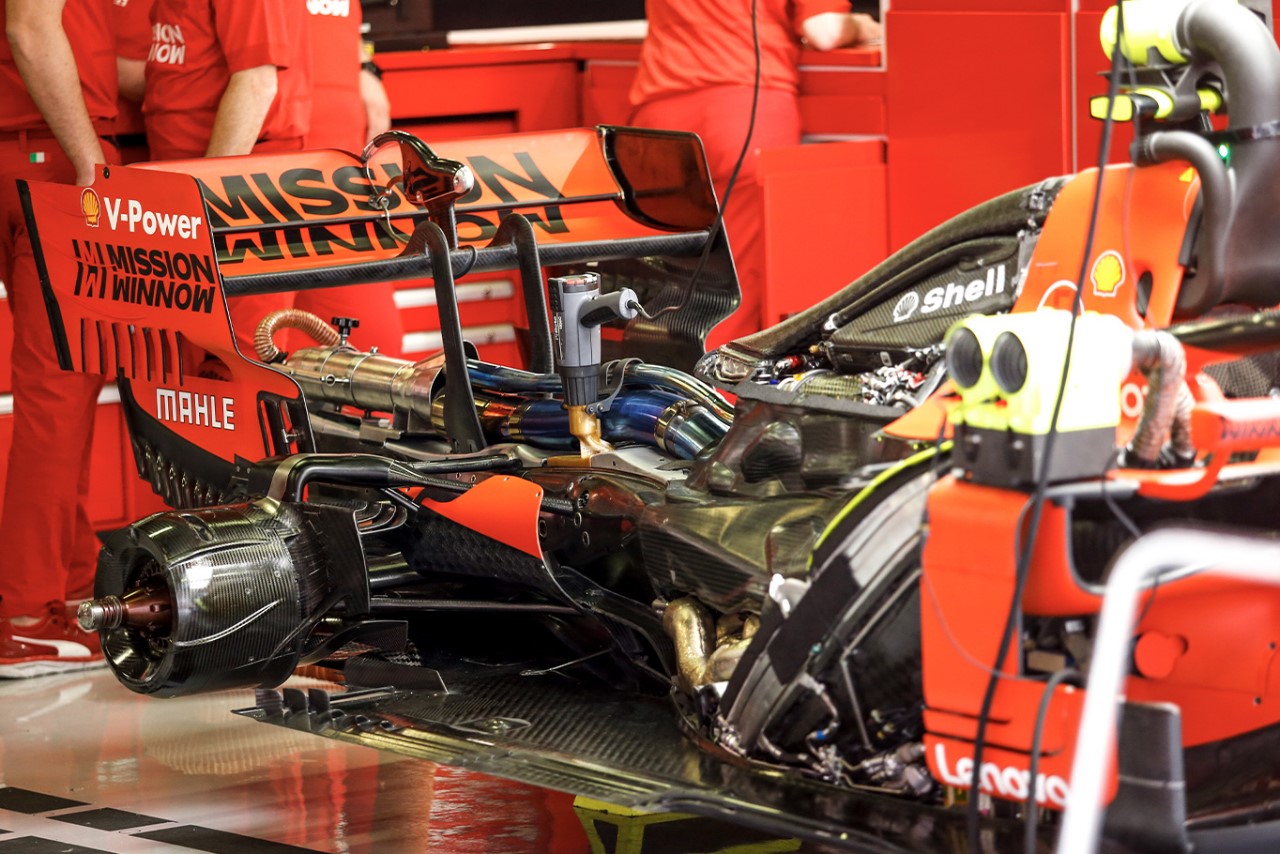New F1 engine rules set for one-year delay
(GMM) New engine regulations in Formula 1 could be postponed for a year.
In Austria, top carmaker officials – including Red Bull mogul Dietrich Mateschitz and also the CEOs of Audi and Porsche – met to discuss the new rules that are scheduled to debut in 2025.
Formula 1 described the talks as “very positive”, declaring that “further news” would be forthcoming in the coming weeks.
But ahead of the meeting, Red Bull team boss Christian Horner said the best way to create “a truly efficient, environmentally friendly, biofuel-powered engine from scratch” that is also cost-effective would be to delay until 2026.

Curiously, title rival Mercedes agrees.
“Perhaps we can find a compromise and extend the current regulations for another year,” said Toto Wolff.
“Everyone wants to be 100 percent ready for the transition to the new regulations, but perhaps that is 2026. Formula 1 really needs to lead by example and meet the standards.
“I don’t know what the solution will be,” the Mercedes boss added, “but we need an engine that is in the area of electrification whilst at the same time the cost of developing it should be lower than it is now.”
Wolff said another key feature of the new engine will be biofuels.
“Unfortunately, e-fuels are ten years late to Formula 1, which is very negative,” former Mercedes motorsport boss Norbert Haug told Auto Bild.
“What is extremely positive, however, is that you can still feed the engines of tomorrow and get a sound from yesterday.”
